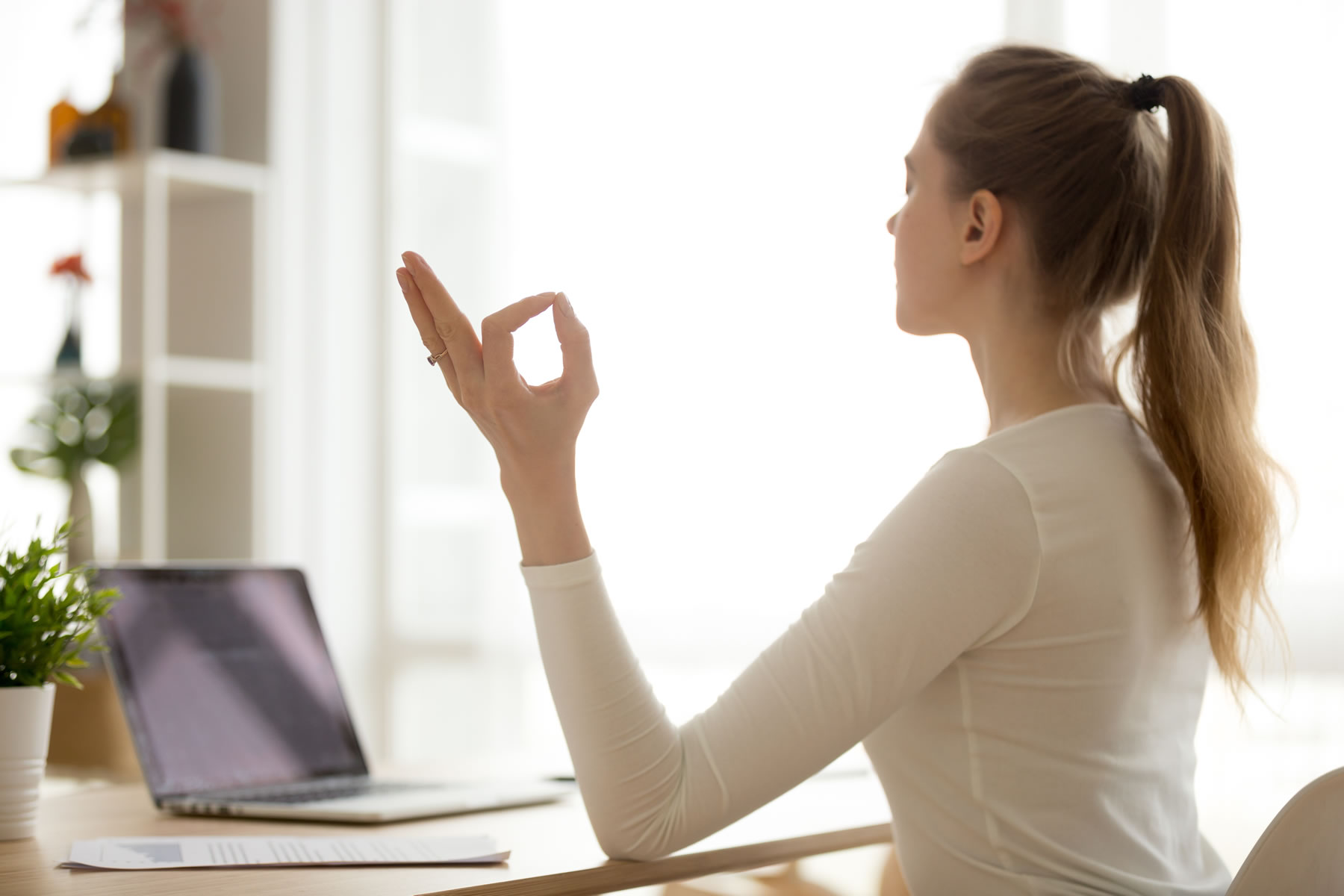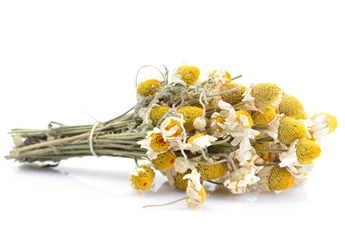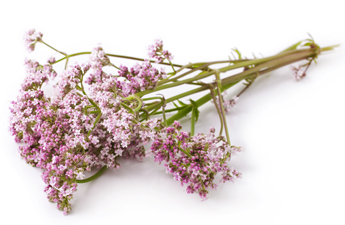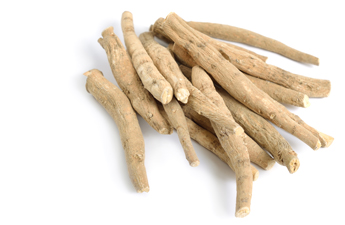Our Favourite Nerve Herbs for Stress and Fatigue
By Stephanie Hazel, Accredited Medical Herbalist
http://stephaniehazel.com.au/
When our bodies are running constantly in an ‘action and alarm’ state, using adrenaline to stay active and focused long past when our bodies and brains are tired, we end up with exhausted nervous systems and depleted reserves of energy and nutrients.
Alongside healthy habits such as adequate rest, stress-management and reduced caffeine, herbal medicines in the Nervine class of herbs are very helpful.
If you are experiencing stress/anxiety AND fatigue, you’re likely to be suffering from the ‘tired and wired’ pattern I discuss in a different blog. To restore and regenerate, and ultimately regain your calm, energetic self, there are a number of herbal actions you need to consider.
- Relax Tension/Constraint
The tension caused by long-term stress and overwork is often both physical and mental. It is partly due to an overload of challenging emotions that have little avenue for expression. This can manifest physically as tight muscles, spasms, tension headaches and intestinal tension resulting in bloating, pain and gas. It can manifest emotionally as restlessness, irritation, excitement or hysteria. Herbs that relax tension are generally called sedatives and spasmolytics. They are often cool and bitter. These include valerian, skullcap and passionflower.
- Calm the Heart
This action relates most strongly to herbs that are anxiolytic, or relieve anxiety and emotional distress. Sometimes these emotions are accompanied by physical heart symptoms such as accelerated heart rate, heart palpitations or chest pain. Herbs that calm the heart are generally fragrant and aromatic, like lemon balm, chamomile, or lavender.
- Restore Depleted Reserves
Long-term nervous system tension eventually causes depletion of the neurons and neurotransmitters required for healthy functioning. A number of herbs are considered nerve trophorestorative.. This means they restore the tissues of the nervous system. These include valerian, skullcap and ashwagandha.
Herbs For Stress & Fatigue
Lemon Balm – The uplifting bee herb
Lifts & brightens the mood – relaxes constraint – eases digestion – boosts immunity
Lemon Balm is quite simply one of my favourite herbs – named Melissa officinalis for its connection to the bees – it is aromatic, gently warming and uplifting to the heart and mind. Like all herbs in this blog, it relaxes constraint, making it useful for tension, headaches, nervous twitches and spasms, restlessness and anxiety. However, it is the most appropriate for depressive emotional states. It is also a strong antiviral, useful at the onset of colds and flus, and is a specific herb for cold sores. It can be used topically (the tea or the tincture applied with a cotton bud to the herpes lesion) and internally during these times.
Valerian – The calming and restoring sleep herb
Induces rest – relaxes constraint – restores the nerves – calms and soothes the stomach and intestines
Valerian is one of the most useful herbs for exhaustion and restlessness due to long-term stress or over-work. Although it is considered a quintessential sleep herb, only people who fit this pattern of deficiency and agitation will find it works for them. For some people, valerian actually causes insomnia and anxiety! For the right person though, valerian can be a true friend. It relaxes the nerves and the muscles, relieves pain and restores the brain and nerves. It induces rest when someone is ‘too tired to sleep’.
Valerian also has a special affinity for burning digestive pain and bloating due to stress.
Ashwagandha – The strengthening immune & sexual tonic
Restores the nerves – gently relaxes constraint – tonifies sexual function – boosts immunity
Called a ‘rasayana’ or tonic/adaptogen in Ayurvedic medicine, Ashwagandha is said to give you the stamina of a horse. This herb is a perfect calming and strengthening.
Ashwagandha strengthens the parasympathetic nerve response, thereby increasing tolerance to stressful situations, increasing immune function and sexual/reproductive function. However, it is also strongly relaxing: animal trials have shown that gylcowithanolides (one of the major active constituents) are effective as Lorazepam (anti-anxiety medications), without the side effects.
This herb is only moderately relaxing to the physical body though, and not as effective for pain, headaches and tension as some of the other herbs listed here.
Skullcap – The cooling restorative
Powerfully restores the nerves – relaxes constraint – cools deficient heat
This herb is the most well known for restoring the nervous system after long-term stress. It has a replenishing effect on all nerve tissue, and is also markedly relaxing, releasing tension in the body, pain in the muscles and relieving headaches (hence the name).
Skullcap is a cool herb, which assists in reducing chronic inflammation or other heat signs – such as restlessness, recurring mild feverishness or high blood pressure.
Passionflower – The herb for the restless mind
Relaxes constraint – calms the mind – relaxes the lungs – induces rest
Although it might sound like an herb to get your sexual engine purring, the ‘passion’ in passionflower actually refers to The Passion Of the Christ – European invaders in the Americas thought that the unusual and striking flower resembles the crown of thorns worn by Jesus.
Passionflower has a marked ability to calm mental chatter, making it an excellent choice for people who can’t switch off, especially at bedtime. It relaxes mental tension especially well, and has a strong affinity for the lungs. If you get short of breath when you’re stressed, or a persistent dry cough when you’re run down, this could be a good choice.
Damiana – The stimulating relaxant
Improves energy- calms the heart – lifts the mood
Damiana is a popular Mexican herb for sexual and emotional dysfunction, however few people know that it is considered a ‘Kidney Yang Tonic’ in Chinese Medicine. This loosely correlates to adrenal function and energy production.
Damiana is a great herb choice if you are exhausted, depressed and have low libido or fertility. For the ‘tired and wired’ pattern, though it is best combined with a more strengthening and restoring herbs such as Ashwaganda or Skullcap.
Although damiana is the most anti-depressant of the herbs discussed here, its stimulating aspect can keep you up at night if you are prone to insomnia and anxiety. In this case, drink damiana in the morning only.
Choosing the right herb combination for you.
Are you predominantly exhausted and depleted, with poor immune and sexual function? Ashwagandha is the best choice.
Are you exhausted, depleted and restless, with muscle pain & tension? Valerian is you friend.
Are you exhausted with signs of deficiency-heat, like mild feverishness, flushed cheeks and restlessness? Combine Skullcap & passionflower.
Are you primarily stressed and depressed, with a bloated, uncomfortable tummy? Uplifting lemon balm and damiana both help here.
Can’t sleep? Try Valerian and Passionflower.
Recurring stress headaches with fatigue? Valerian and Skullcap.
Stressed and anxious with tightness in the chest? Passionflower.
Children in your life stressed out and anxious? Passionflower and Lemon Balm are both gentle enough for kids of any age.
Healthy Habits for the Nervous system
Herbs are great support for restoring and rebalancing the nervous system, but without suitable lifestyle habits, they can only help so much.
Here are my top tips:
- First and foremost, develop a real relationship with self-care.
- Cut the coffee.
- Get real down-time. No TV, no emails, no facebook.
- Sleep at least 7 hours.
- Get good cuddles on a regular basis. If this isn’t easy in your life, get a massage.
You can check out my other blog on the ‘tired and wired’ pattern of nervous exhaustion here: http://happyherbcompany.com/tired-and-wired-how-rebalance-your-nervous-system-beat-stress-and-fatigue
Bibliography:
Sarris et al. 2013. Plant-based medicine for anxiety disorders Part 2: A review of clinical studies. Journal of Central Nervous System Drugs
Holmes, Peter. 1989. The Energetics of Western Herbs.
Hoffman, David. 2001. Medical Herbalism: The science and practice of herbal medicine.
Ross, Jeremy. 2010. Combining Western Herbs and Chinese Medicine: A Clinical Materia Medica.
Cohen & Braun. 2015. Herbs and Natural Supplements: An evidence-based guide.


 Nextwave
Nextwave

